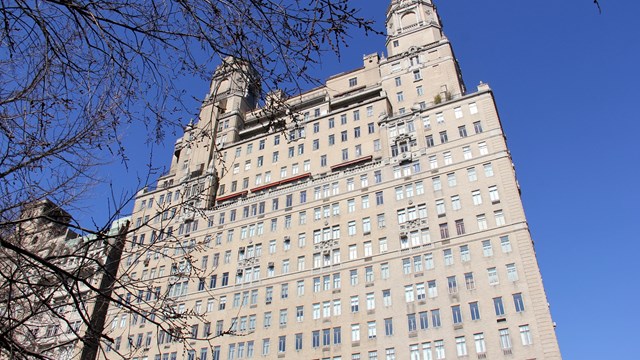-- Manhattan Shareholder
“Generally, a dividend is the distribution of a corporation's assets to its shareholders which must be made on an equal pro rata basis to all holders of each particular class of stock. While the BCL permits an unequal dividend among differing classes of stock, a corporation may not discriminate against shareholders within the same class of stock. In addition, BCL Section 719 places liability on directors who, among others, declare dividends when the corporation is insolvent or when the dividend is not made out of the corporation's surplus assets.
“Although the shareholder’s question refers to a distribution of a corporation's assets to pay a fine, it does not appear that such a distribution would be considered a dividend in violation of Section 719 since the payment in question was not made to all shareholders but rather was a general corporate expenditure. Usually, a corporation's board of directors is authorized to expend corporate assets for valid corporate purposes.
“Furthermore, the bylaws for co-op apartment corporations and the BCL permit the indemnification of officers and directors. Therefore, as a general rule, a board under many circumstances would be permitted to provide an indemnity to a director for actions taken on behalf of the corporation. However, according to Section 721 of the BCL, no indemnification should be for acts that were committed, ‘in bad faith or were the result of active and deliberate dishonesty.’
“Although not specifically stated in the shareholder’s letter, there is an inference that since the president ‘blamed the superintendent for reporting the work to the New York City Electrical Board,’ the president deliberately tried to circumvent the law. If this is a correct inference, the president would not be entitled to seek the corporation's indemnity regardless of whether the work, for which the violation was issued, was performed by the corporation (i.e.: in a common area of the building) or by the president individually (i.e.: in the president's apartment).
“If the president's actions were not taken in bad faith the question as to whether the violation arose out of work performed by the corporation or by the board president individually becomes critical. Since the shareholder’s letter is not clear as to what type of work caused the violation to be issued, the following will address both a violation imposed for work performed on behalf of the corporation and work performed by the president as an individual.
“If the violation was issued for work performed on behalf of the corporation, the president, with the approval of the board, should be entitled to the corporation's indemnity for the fine that was issued. “If however, the violation arose out the president's actions taken not as an officer but as an individual, there is no justification for providing any form of indemnification. In fact, the board providing the indemnity would not likely be protected by the business judgment rule because although a board may generally expend the corporation's funds, the payment of a fine for a shareholder's breach of the law and the proprietary lease is not a legitimate board act.
“In conclusion, it does not appear that the actions of the board in paying the fine fall under Section 719 of the BCL since the payment of the fine in question would not likely be characterized as a dividend. However, if it is determined, that the board did in fact incorrectly provide an indemnity to the board president, it is possible that the directors who approved the indemnification would be required to reimburse the corporation for the amounts improperly paid with respect to the fine.”







Leave a Comment